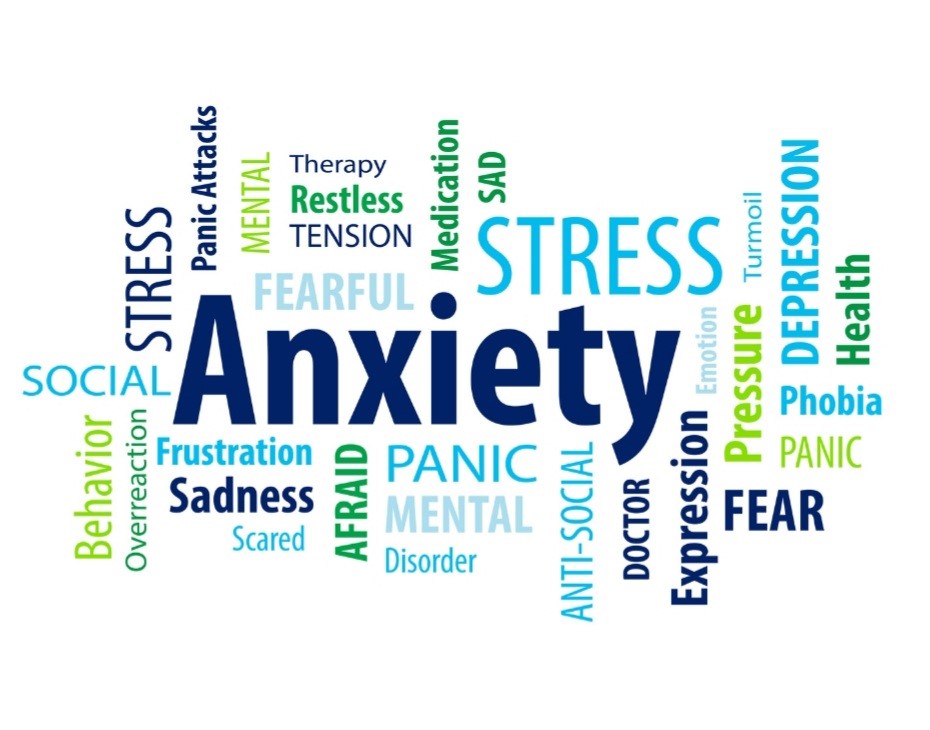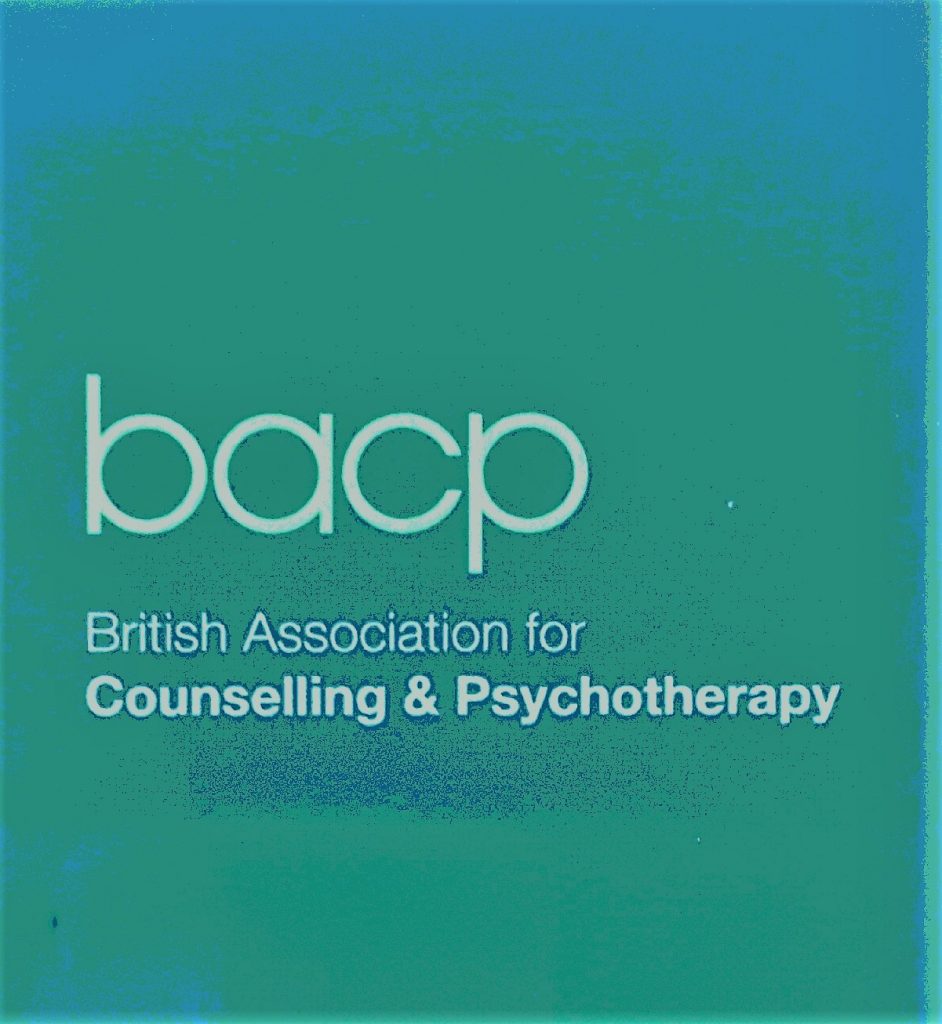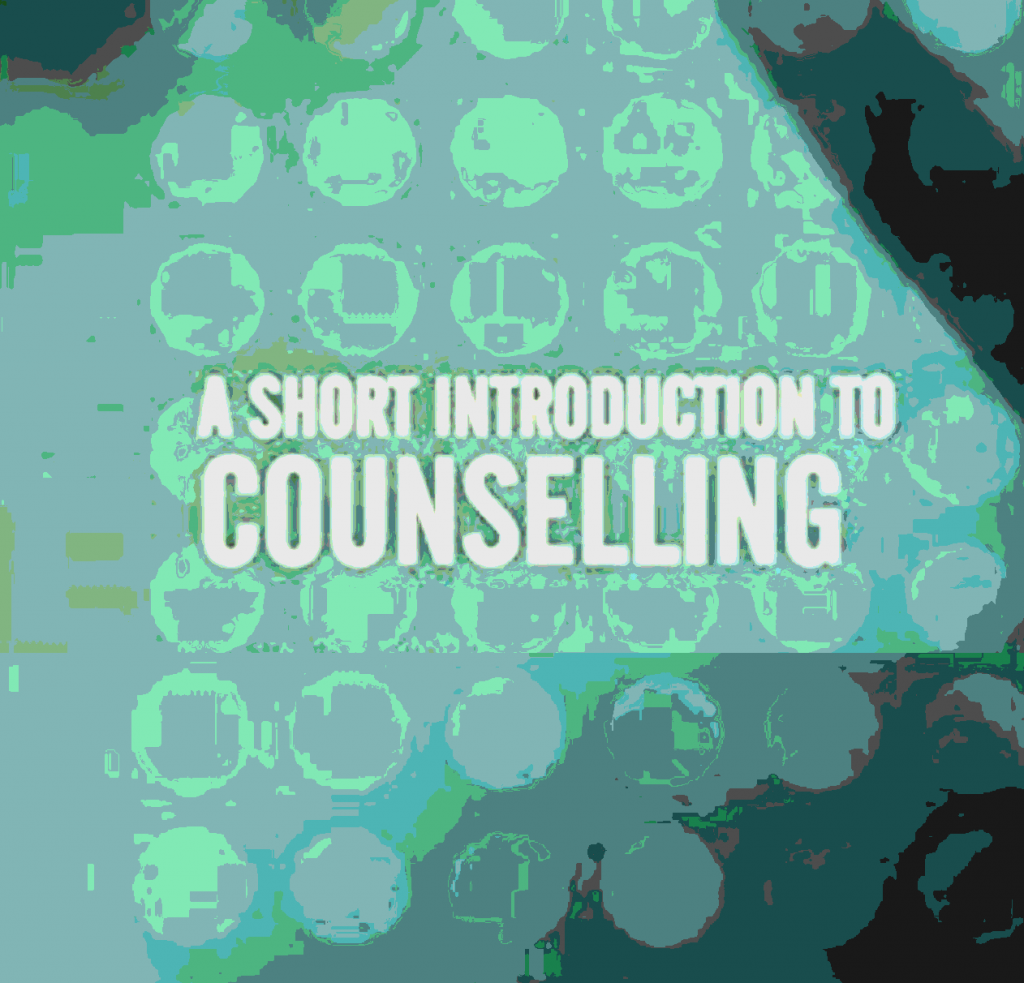Laughter is a powerful antidote to stress, pain, and conflict. It can create social bonds, improve the immune system, and serve as a coping mechanism in times of stress and uncertainty.
Laughter decreases stress hormones and increases immune cells and infection-fighting antibodies, thus improving your resistance to disease. Laughter triggers the release of endorphins, the body’s natural feel-good chemicals. Endorphins promote an overall sense of well-being and can even temporarily relieve pain.
Laughter on the Brain
The physiological study of laughter has its own name – Gelotology.
However, understanding what happens in the brain when we laugh remains a work in progress for scientists. Researchers are studying this seemingly simplistic expression in people and other animals to gain deeper insight into human behaviour and its evolution. Laughter is not purely a human phenomenon. Studies show many animals express playful vocalizations during tickling, including apes, dogs, and even rats.
A Social Affair
Research conducted by Dr Robert Provine, a neuroscientist at the University of Maryland, examines the role of relationships in laughter. His studies of people laughing during shared conversations suggest that laughter has more to do with social relationships than humour. He found that people will laugh thirty times more when there are other people around than when alone.
I have a friend who within 5 minutes of being in her company we will be laughing about nothing in particular. But interestingly I do not find that with all my friends, so is it the connection between us or is she more ‘jolly’ than some?
Dr Provine says “Laughter is not primarily about humour, but about social relationships.” Most of what makes people laugh is not thigh-slapping humour but conversational comments.
The motor and reward pathways in the brain are primarily activated when we laugh, the anterior cingulate, a brain region involved in conflict detection, is also engaged when people are presented with something humorous.
This region is not only involved in “getting” jokes but is also essential for “coping with difficult feelings or emotions or even social situations,” explains Scott Weems, a cognitive neuroscientist at the University of Maryland. “When you meet someone new, you’re going to be uneasy and not sure what to do – these are times when we laugh,” he explains.
This process rings a bell with me; I would quite often laugh when I was in a situation that I felt uncomfortable or nervous. For example; a friend and I every spring would collect all our families old clothes and bits and bobs together to sell at boot sales to raise money for our summer holiday. Whenever we arrived at the sale I would go into fits of giggles and never understood why. I would laugh until I cried; Laughter and crying can ease a stressful experience, by counteracting the effects of cortisol and adrenaline.
Laughing and crying are similar psychological reactions. “Both occur during states of high emotional arousal, involve lingering effects, and don’t cleanly turn on and off,” says Robert Provine.
I found it interesting to discover there are ten different types of laughter; amused, joyful, sympathetic, polite, relieved, disappointed, embarrassed, stressed, ironic and commenting.
What’s Funny?
Laughter is triggered when we find something humorous. There are three traditional theories about what we find humorous:
•The incongruity theory suggests that humour arises when logic and familiarity are replaced by things that don’t normally go together.
•The superiority theory comes into play when we laugh at jokes that focus on someone else’s mistakes, stupidity or misfortune. We feel superior to this person, experience a certain detachment from the situation and so are able to laugh at it.
•The relief theory is the basis for a device movie-makers have used effectively for a long time. In action films or thrillers where tension is high, the director uses comic relief at just the right times. He builds up the tension or suspense as much as possible and then breaks it down slightly with a side comment, enabling the viewer to relieve himself of pent-up emotion, just so the movie can build it up again!
Similarly, an actual story or situation creates tension within us. As we try to cope with two sets of emotions and thoughts, we need a release and laughter is the way of cleansing our system of the built-up tension and unease. According to Dr Lisa Rosenberg, humour, especially dark humour, can help workers cope with stressful situations. “The act of producing humour, of making a joke, gives us a mental break and increases our objectivity in the face of overwhelming stress,” she says.
I have found that many of my colleagues in the field of mental health have ‘Gallows humour’ a term I was unaware of before becoming a psychotherapist.
Creating Opportunities to Laugh
One of the best ways to stimulate laughter and it’s probably the most ancient way is by tickling. Tickling is inherently social; we can’t tickle ourselves. We tickle to get a response or to entice ticklee to turn around and become tickler.
Although personally I do not like being tickled; I feel a sense of powerlessness, which I am aware of its origins; an aunty tickling me when I was a child and not stopping when I asked her to.
•Watch a funny movie or TV show.
•Go to a comedy club.
•Seek out funny people.
•Share a good joke or a funny story.
•Check out your bookshop’s humour section.
•Host game night with friends.
•Play with a pet.
•Go to a “laughter yoga” class.
•Joke around with children.
•Do something silly.
•Make time for fun activities (e.g. bowling, miniature golfing, karaoke).
Incorporating more humour and play into your daily interactions can improve the quality of relationships and your connections with co-workers, family members, and friends. Using humour and laughter in relationships allows you to:
• Be more spontaneous. Humour gets you out of your head and away from your troubles.
• Let go of defensiveness. Laughter helps you forget judgments, criticisms, and doubts.
• Release inhibitions. Your fear of holding back and holding on are set aside.
All emotional sharing builds strong and lasting relationship bonds, but sharing laughter and play also adds joy, vitality, and resilience. And humour is a powerful and effective way to heal resentments, disagreements, and hurts. Laughter unites people during difficult times.
Bring humour into conversations. Ask people, “What’s the funniest thing that happened to you today, this week, in your life?”
Like yawning, laughter is contagious; the laugher of others is irresistible. I found myself laughing at the below video of ‘People laughing’
Final word, I have a list of Tommy Cooper one liners on my phone. When I need a lift I read one and giggle to myself.
“I went to buy some camouflage trousers the other day but I couldn’t find any” Hehe!
Did you know that;
77% of people who pledge to a New Year’s resolution stick to it for at least a week
8% of people who make New Year’s resolutions will actually achieve their goals in a timely fashion, if ever
80% of New Year’s resolutions fail by February
Here’s how Hypnotherapy and NLP can help to keep yours!
One of the hardest parts of sticking to a New Year’s resolution is stopping old habits that we’ve had for ages. We more often than not go into the New Year with the best intentions of bettering ourselves and find we fail rapidly.
If you have a whole string of things that you want to change it can just be too hard and lead you to fail at all of them. Trying to lose weight is hard enough without adding cutting down on smoking and exercising more at the same time.
If you have several New Year’s resolutions it is crucial to give yourself realistic goals. Select what is the most important thing you want to improve, be realistic and really concentrate on making it work. It is most likely that success in one area will give you confidence and trigger you to then pursue further changes.
Hypnotherapy and NLP are perfect tools for sticking to resolutions. As we utilise our conscious mind to focus on and achieve a change or goal. However, really ingrained negative practices are formed and saved in the subconscious part of the mind, which is the part of the mind that NLP and Hypnotherapy can reach without difficulty. So, even though we are telling ourselves that we do not need to smoke, our subconscious mind still holds on to the old behaviours that it has done for years. The subconscious is much stronger than the conscious that’s why we need to ask its permission. That’s where Hypnosis comes in.
In very simple terms, our subconscious is like a seven-year-old child who just wants to seek out pleasure and avoid pain even if this means continuing old habits that no longer serve us over new ones. As it has no idea if they will work, it would rather keep you overweight and sad than take a risk of being healthy and happy if that’s all it knows how to do.
Are you familiar with the phrase “the definition of insanity is repeating the same behaviours and expecting a different result”? This is how our subconscious mind works!
There is another area NLP can particularly help if you find yourself self-sabotaging e.g. you have an amazing opportunity such as a new job or a great date but you just can’t get over your fear of failure to actually show up and pursue it. This is a limiting belief which NLP can have very fast and lasting results to remove these thoughts and obstacles to allow us to live much more fulfilling lives.

With NLP and Hypnotherapy, we can find new ways for you to gain access to your subconscious and seek out root factors that cause negative habits that you want to transform. Once the supporting beliefs are discovered and transformed we can assist you to make the necessary changes. So the strength to become successful with New Year’s resolutions then comes from both our conscious and subconscious, which is especially powerful.
If you’re planning on making self-improvements this year, treat yourself to some hypnotherapy to give you the best chance of achieving them. Make sure you have the tools to be successful and visit us at Greenwich Wellness Rooms.
 Greenwich Wellness Rooms Supports Team to Row the English Channel!
Greenwich Wellness Rooms Supports Team to Row the English Channel!
The Greenwich Wellness Rooms are excited to be supporting a team of intrepid women who are about to embark on an adventure of a lifetime – to row the English Channel!
We are a bespoke wellness centre based in Greenwich. And, we are committed to improving all aspects of wellbeing, with an extensive team of experts to meet your every need.
Libby Agate is a Counsellor and Mindfulness Teacher at the Centre and she came up with a unique challenge for her dog walking friends in the local area – to row the English Channel! Libby said: “Training to be a mindfulness teacher helped me experience things I might otherwise find terrifying!”
Libby even swam the English Channel last year and decided to ask her friends to take part in the latest challenge to raise funds for The Ahoy Centre, in Deptford, which helps empower disadvantaged young people to change their lives through sailing and rowing.
The team is made up of local dog walkers who call themselves Rebels Without Paws: Team Captain: Libby Agate. Crew: Kallie Bosran Schut, Caroline Cullern, Kate Halpin, Rosie Roche, Michelle Smith and Jane Sturtridge.
The Greenwich Wellness Rooms Team have stepped up to the challenge, offering our services to the rowing team for free – personal trainer, Sebastian and also Co-founder will help with their fitness, Anneli, voice coach will train the person sitting at the boat’s cox to project their voice, Carly, nutritionist will ensure the team are eating well and Bernadette, holistic therapist will provide breathing techniques for motion sickness. This team work will ensure the rowers reach optimum wellness by the time they set off.
Nicola Vanlint, Co-Founder and Psychotherapist said: “Everyone in our team has experienced physical or mental health issues in the past and have accessed the type of services we offer. We are focused on teamwork and improving wellbeing within the community so couldn’t think of a better challenge to support than a team of rowers rowing to raise funds for a local charity committed to that cause.”
Our centre is based on The Seven Dimensions of Wellness, which the challenge ties in with:
• Physical – the challenge is intensely physical and will stretch the team
• Emotional – Rowing the Channel will be an emotional journey
• Social – all the women have bonded over their shared love of dog walking and have formed new relationships which have enabled this challenge
• Occupational – some of the women work in the field of wellbeing including Libby, a trained counsellor
• Intellectual – as they prepare to row the Channel they are learning new skills along the way every day
• Spiritual – having the courage to take off in a boat together is a spiritual quest in many ways
• Environmental – on the water, everyone is subject to the environment and has to work with the elements
The rowing team have raised nearly half of their fundraising target of £12,000 and are holding events to raise more money – attend an Afternoon Tea to celebrate the Royal Wedding! Visit: www.rebelswithoutpaws.co.uk
To support the Greenwich Wellness Rooms and the rowing team and to donate to such a worthy cause, please visit: www.mydonate.bt.com/fundraisers/rebelswithoutpaws






Welcome to WordPress. This is your first post. Edit or delete it, then start writing!